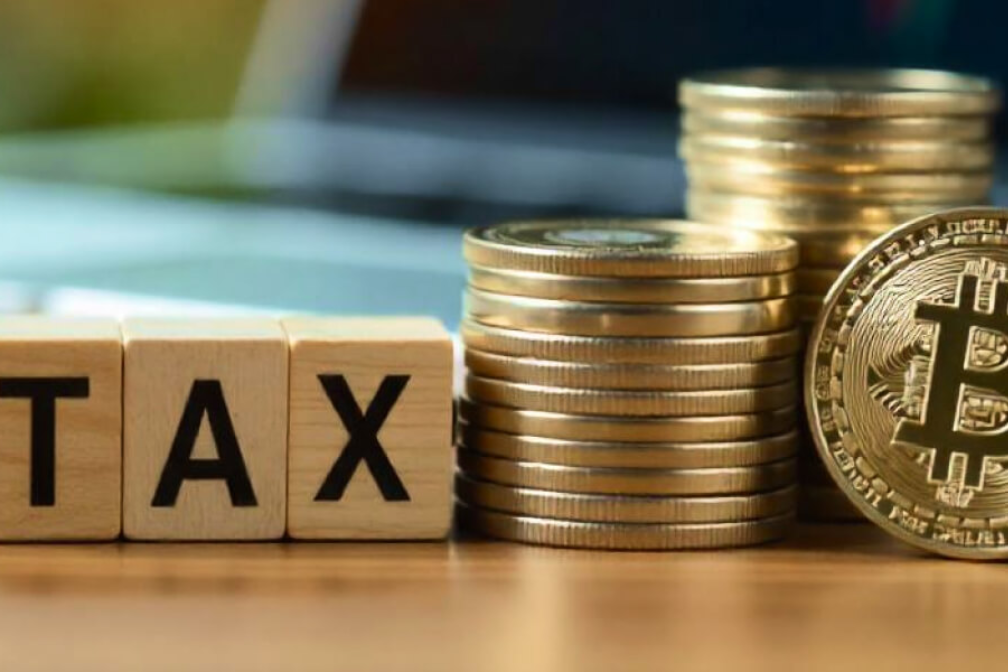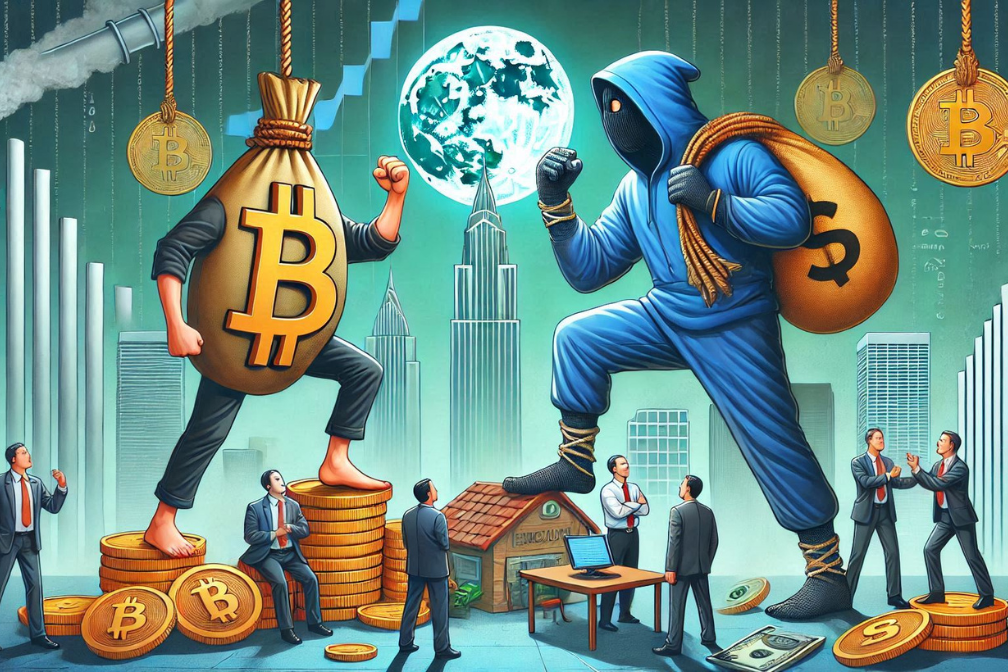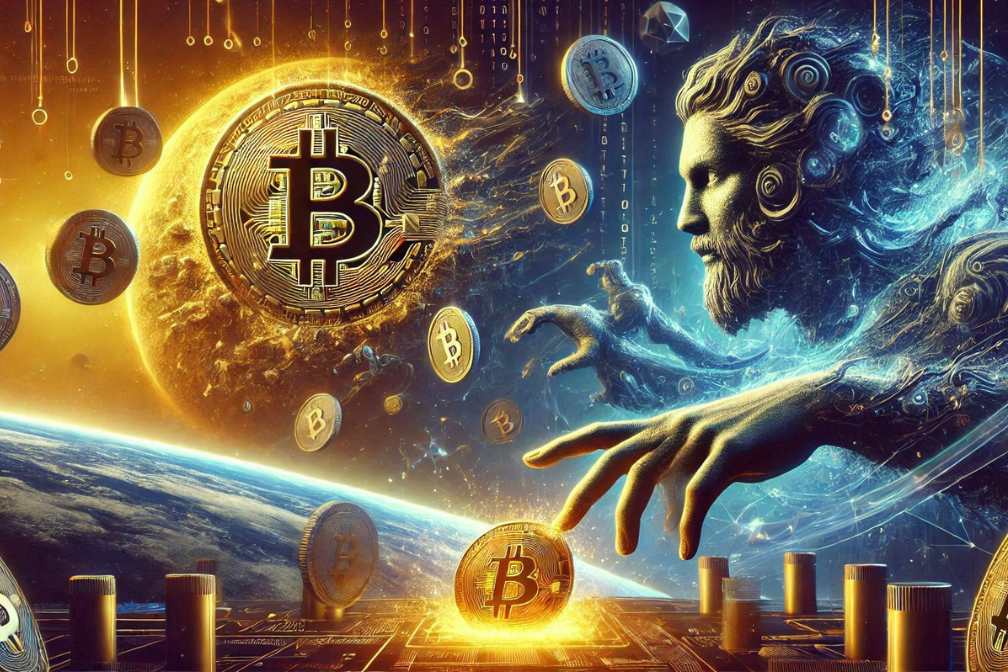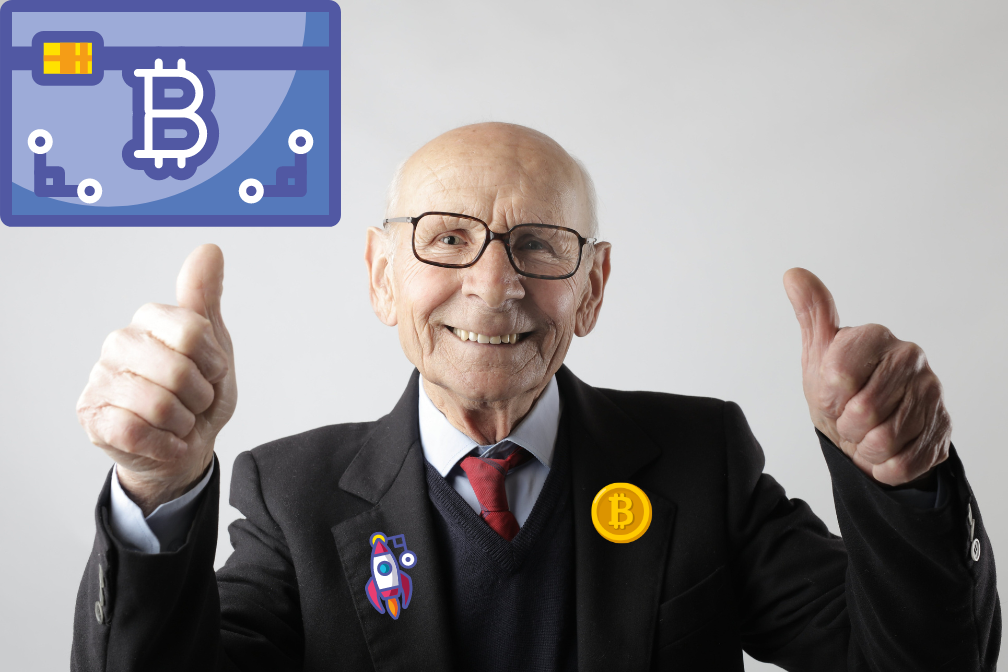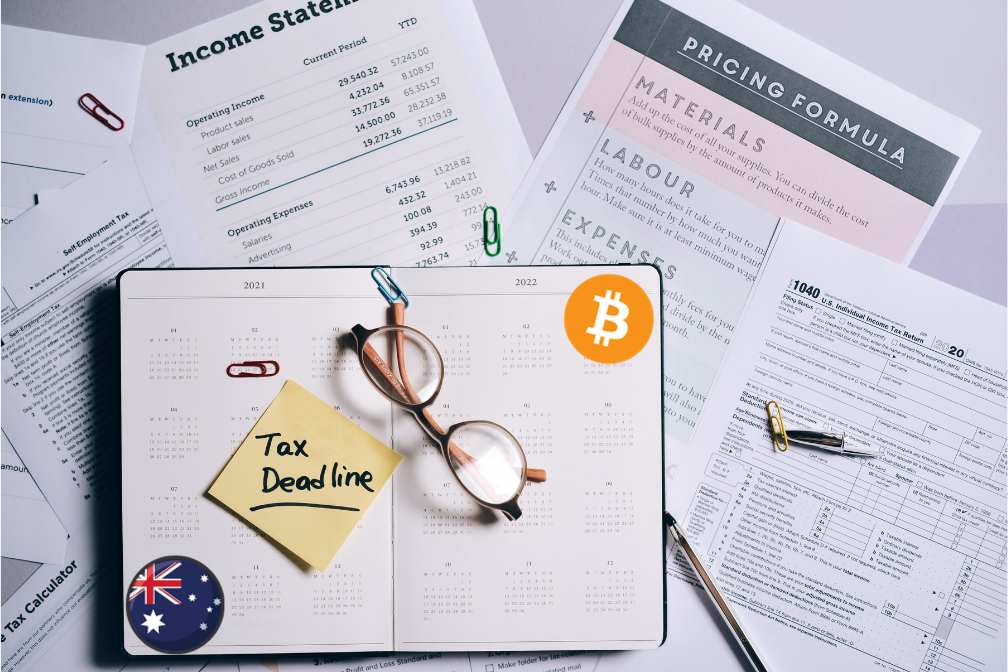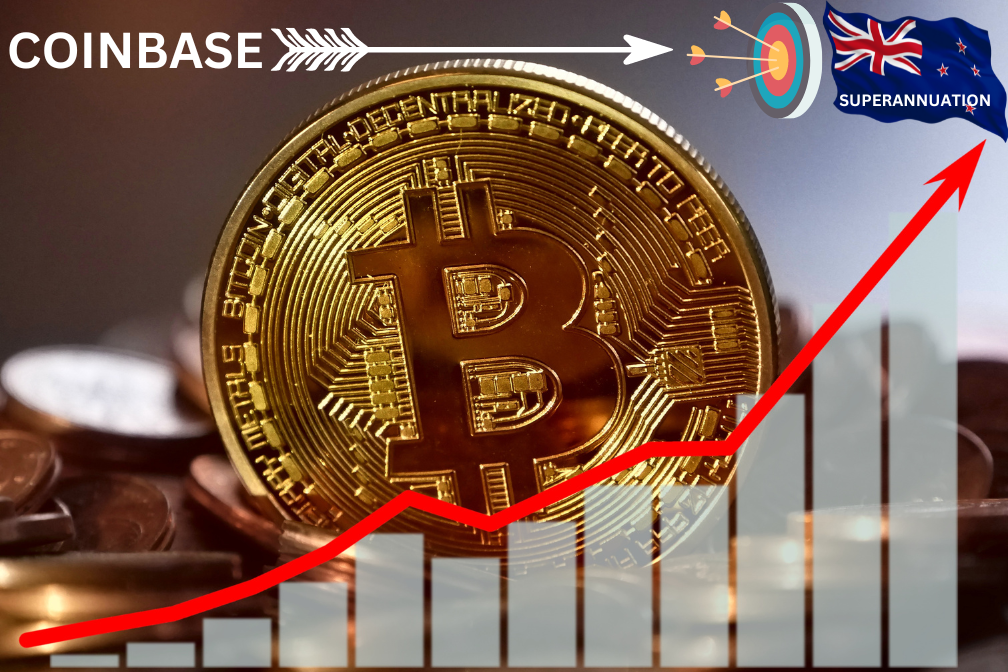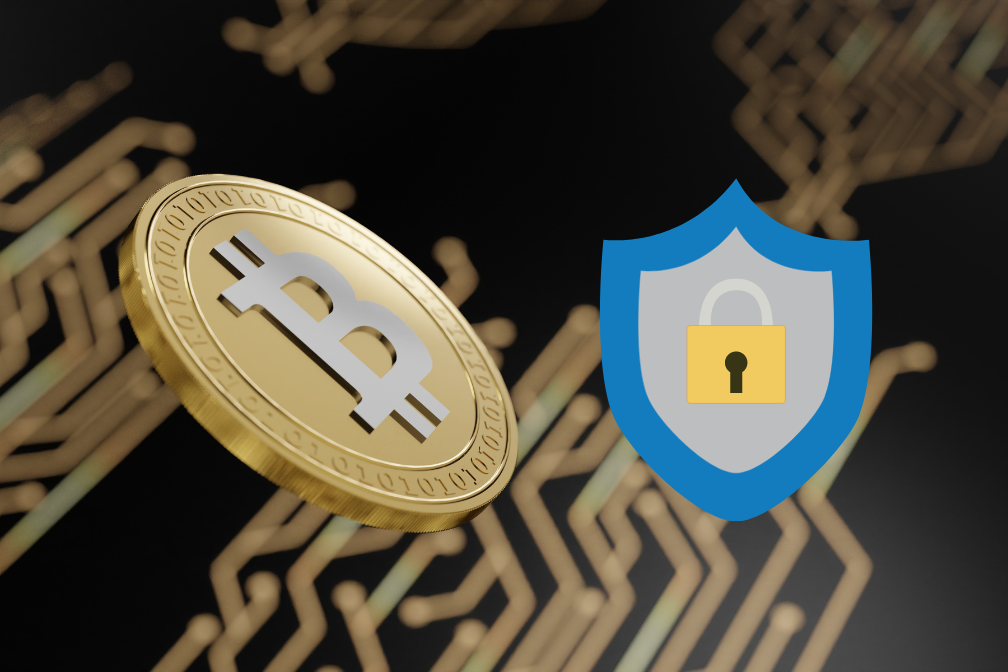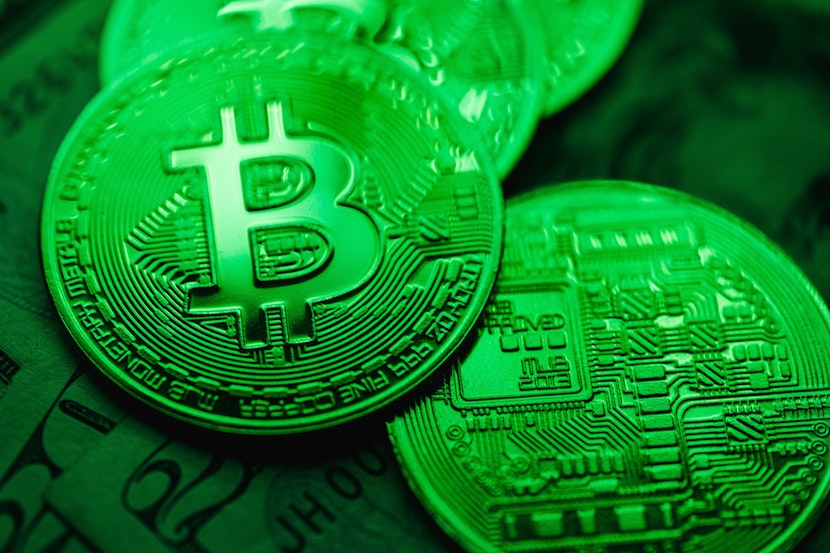
Laundering of funds
Criminals laundered $8.6 billion in cryptocurrencies in 2021, up 30% from the previous year, according to blockchain data company Chainanalysis.
According to the data, rather than maintaining a large number of unlawful havens, hackers employ a limited amount of purpose-built centralised exchanges for transmitting and receiving illicit bitcoin.
In 2021, such exchanges got 47% of cash transferred by criminally related addresses.
In 2021, about $2.2 billion in cryptocurrencies were stolen from DeFi protocols, accounting for 72 percent of total cryptocurrency theft.
According to Bloomberg and the New York Times, Federation Tower, a two-skyscraper complex in the heart of Moscow, is home to many cryptocurrency businesses suspected of facilitating extensive money laundering, including the acceptance of illicit cryptocurrency funds obtained through scams, darknet markets, and ransomware.
Notable companies include Garantex, Eggchange, Cashbank, Buy-Bitcoin, Tetchange, Bitzlato, and Suex, which the US approved in 2021.
According to Chainalysis, black money has also been coming into Russia via Hydra, a cryptocurrency-powered dark web marketplace that had more than $1 billion in sales in 2020.
The network requires sellers to liquidate cryptocurrencies exclusively through certain regional exchanges, making it harder for investigators to track down the funds.
Almost 74% of ransomware earnings in 2021 — more than $400 million in cryptocurrencies — went to software strains most likely associated with Russia, where supervision is notoriously lax.
However, because the rouble is untrustworthy, Russians are pioneers in the benign acceptance of cryptocurrencies, and Putin supports the notion of "overcoming the overbearing dominance of the restricted number of reserve currencies."
Darknet marketplaces
Bitcoin's qualities make it popular in applications such as a safe haven in financial crises and a means of payment, leading to bitcoin acceptance in problematic scenarios such as online illicit marketplaces like Silk Road.
The original Silk Road was shut down in October 2013, and two more versions have been in operation since then.
The number of important black markets expanded from four to twelve in the year following Silk Road's first shutdown, while the number of drug listings increased from 18,000 to 32,000.
In terms of legality, darknet markets create difficulties.
In practically every portion of the world, cryptocurrency used in black marketplaces is neither properly nor legally categorised.
Bitcoins are classified as "virtual assets" in the United States.
This imprecise categorisation puts pressure on law enforcement authorities worldwide to adapt to the evolving drug traffic of hidden marketplaces.
Wash trades
Several researches have discovered that cryptocurrency trading is riddled with wash trading.
Wash trading is a technique, which is banned in certain countries, in which buyers and sellers are the same person or group, and it may be used to influence the price of a cryptocurrency or falsely exaggerate volume.
Token issuers may be required to pay greater premiums to exchanges with bigger volumes.
According to a 2019 research, up to 80% of deals on unregulated cryptocurrency exchanges might be wash trades.
According to a 2019 analysis by Bitwise Asset Management, 95 percent of all Bitcoin trade volume recorded on major website CoinMarketCap was falsely manufactured, and just 10 of 81 exchanges investigated supplied valid volume numbers.
As a means of evading penalties
In 2018, cryptocurrencies were suggested as a means for evading economic sanctions, such as those imposed on Russia and Iran, but also on Venezuela.
In April of that year, Russian and Iranian business executives met to discuss how to utilise decentralised blockchain technology to circumvent the global SWIFT system.
Russia has quietly aided Venezuela by launching the petro (El Petro), a national cryptocurrency launched by the Maduro regime in order to gain important oil earnings while avoiding US sanctions.
When Western nations imposed significant economic sanctions on Russia in the aftermath of its February invasion of Ukraine, cryptocurrencies resurfaced in 2022.
However, American authorities cautioned in March that some crypto-transactions may be used to circumvent economic sanctions imposed on Russia and Belarus.
Cryptocurrency has also been used to fund secret weapons for the Ukrainian opposition.
In April 2022, computer programmer Virgil Griffith was sentenced to five years in jail in the United States for attending a Pyongyang cryptocurrency conference and giving a presentation on blockchains that may be used for sanctions evasion.
Analysis and implications
In Chapter V of their 2018 annual report, the Bank for International Settlements highlighted many concerns of cryptocurrencies.
The lack of price stability, high-energy consumption, high and unpredictable transaction costs, poor security and fraud at cryptocurrency exchanges, vulnerability to debasement (from forking), and the power of miners are among the critiques.
Speculative, deception, and adoption
Cryptocurrencies have been likened to Ponzi schemes, pyramid scams, and economic bubbles like the property market.
According to Oaktree Capital Management's Howard Marks, digital currencies are "nothing but an unfounded fad (or perhaps even a pyramid scheme), based on a willingness to ascribe value to something that has little or none beyond what people will pay for it," and he compares them to the tulip mania (1637), the South Sea Bubble (1720), and the dot-com bubble (1999).
Several nations' regulators have issued warnings about bitcoin, and others have taken steps to discourage users.
However, according to research conducted by the UK's banking authority in 2021, such warnings either went unnoticed or were ignored.
Fewer than one in ten prospective cryptocurrency buyers were aware of consumer warnings on the FCA website, and 12% were unaware that their holdings were not covered by statutory compensation.
Almost 70% of 1,000 respondents between the ages of eighteen and forty incorrectly concluded cryptocurrencies were controlled; 75% of younger crypto investors claimed to be motivated by rivalry with friends and family; and 58% stated social media attracted them to make high-risk investments.
The FCA advises using its warning list, which flags unlicensed financial businesses.
Many banks do not provide virtual currency services and may refuse to do business with virtual currency firms.
Gareth Murphy, a senior banking official, stated in 2014 that broad use of cryptocurrencies might result in too much money being obscured, blinding economists who would use such knowledge to better direct the economy.
While traditional financial products have significant consumer safeguards, there is no intermediary with the authority to restrict customer damages if Bitcoins are lost or stolen.
Consumer protection against fraud, such as chargebacks, is one of the characteristics bitcoin lacks in compared to credit cards.
The French regulator Autorité des marchés financiers (AMF) have listed 16 websites of organisations that solicit bitcoin investment without being licenced to do so in France.
A research published in October 2021 by the National Bureau of Economic Research discovered that Bitcoin is vulnerable to systemic risk since the top 10,000 addresses control almost one-third of all Bitcoin in circulation.
It's considerably worse for Bitcoin miners, who control 50% of the available capacity.
According to researcher Flipside Crypto, less than 2% of anonymous accounts control 95% of all Bitcoin supply.
This is deemed hazardous since a large portion of the market is controlled by a few organisations.
According to a report written by John Griffin, a finance professor at the University of Texas, and Amin Shams, a doctoral student, the price of Bitcoin was significantly boosted in 2017 by the use of another cryptocurrency, Tether.

